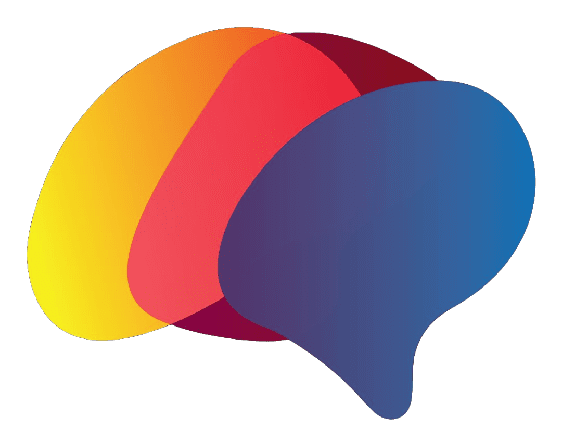It is a term used to describe a significant problem in the acquisition and use of language. Language problems that have roots in intellectual disability, sensory impairment, neurological condition, or environmental deprivation. It is a lifelong condition that affects people in many aspects of language, including vocabulary, grammar, sentence structure, reading comprehension, and expressive language skills.
Here are some key points for understanding developmental language disorder:
Language difficulties: People with DLD may face challenges in different areas of language development. These problems can include limited vocabulary, incorrect use of grammar, difficulty understanding and following instructions, difficulty organizing and expressing thoughts, and social and practical language challenges.
Prevalence and impact: DLD is a relatively common condition that affects about 7-10% of children. It can have a significant impact on academic study, social interactions, and overall communication skills. Without intervention and support, people with DLD may face difficulties in many aspects of their lives.
Diagnosis and Evaluation: DLD is usually diagnosed by a speech-language pathologist (SLP) or multidisciplinary team through a comprehensive evaluation. This evaluation includes assessing language skills in various areas, considering the individual’s developmental history, and other possible causes of language difficulties.
Intervention and Treatment: Speech therapy is the primary form of intervention for people with DLD. The goals of treatment are to improve general language skills, facilitate effective communication, and support academic and social development. Treatment techniques may include targeted language activities, vocabulary building, sentence structure practice, reading comprehension strategies, teaching social communication skills, and working collaboratively with parents and teachers.
Here are some key aspects of DLD treatment:
Individualized Treatment Plan: DLD treatment is tailored to the specific needs of each individual. The speech-language pathologist (SLP) performs a comprehensive evaluation to identify areas of language difficulty and create a personalized treatment plan.
Targeted Language Areas: Treatment focuses on improving different aspects of language, including vocabulary, grammar, sentence structure, reading comprehension, and expressive language skills. Specific goals are determined based on individual weaknesses and may be modified as progress is made.
Evidence-based approaches: Therapists use evidence-based techniques and interventions that have been shown to be effective in addressing language problems. These may include structured language activities, modeling and expanding language, providing clear instructions, and incorporating strategies to enhance comprehension and expression.
Individualized treatment plan: Therapy sessions involve practicing language skills in practical and meaningful contexts. This may include engaging in conversations, storytelling, role-playing, interactive games, and incorporating language activities into daily routines and activities.
Language learning strategies: Therapists teach people to use DLD strategies and techniques to support their language learning. This may include visual aids, graphic organizers, visual schedules, mnemonic devices, and other tools to aid comprehension, organization, and expression.
Collaborative approach: Collaboration with parents, caregivers, and teachers is critical in supporting the language development of individuals with DLD. The therapist provides strategies and techniques that can be implemented at home and in educational settings to enhance language skills and promote generalization.
Communication support: Treatment for DLD often involves helping people develop effective communication strategies. This may include teaching alternative communication methods (such as sign language and augmentative and alternative communication tools), improving social communication skills, and addressing functional language difficulties.
Long-term intervention: Treatment for DLD is usually an ongoing process and requires regular sessions and long-term support. The therapist monitors progress, adjusts treatment strategies as needed, and conducts follow-up sessions to ensure progress and success. To receive appropriate evaluation and treatment, it is important to consult a speech-language pathologist who is qualified to work with people with DLD.
It is important to understand that people with DLD have strengths and talents that go beyond their language difficulties. With intervention, support, and understanding, people with DLD can develop effective communication skills, achieve academic success, and thrive in social and professional settings.

